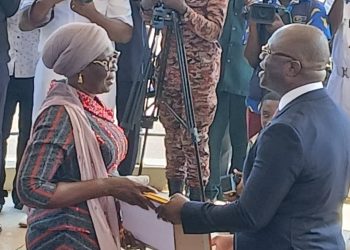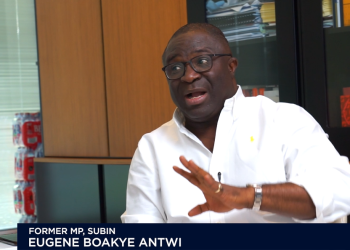Consumers in Ghana may soon face increased prices for selected goods and services following the July 1 implementation of a series of new tax measures by the Ghana Revenue Authority (GRA).
Key among the changes is a modified tax regime targeting informal sector workers like traders, along with a 5% excise tax on locally produced plastic products and a 15% tax on non-life insurance premiums.
While the local currency has remained relatively stable in recent months—bringing temporary relief through lower prices—this could be short-lived.
Plastic manufacturers have already signaled intentions to pass the full burden of the new 5% excise tax on to consumers.
“This 5% excise tax is essentially a consumer tax, so the impact is 100% on the consumer,” said Ebbo Botwe, President of the Plastic Manufacturers Association.
“We’ve been trying to engage the government because if the consumer disappears, so does our business.”
These cost increases may soon be felt in everyday expenses, including meals from local food vendors.
“If prices go up, I’ll have to increase my food prices too. I might have to add one cedi per plate,” food vendor Solace Mensah said.
Another vendor, Vital Naa Yateley Boys, echoed similar concerns:
“We can’t absorb the cost. We’ll have to charge two cedis extra just to make ends meet.”
As part of the modified tax regime, informal sector workers earning less than GHS 20,000 annually will now pay a fixed quarterly tax of either GHS 25 or GHS 45.
At the Abeka Market, some traders are calling for adjustments to the rates based on shop size and daily turnover.
“They should assess our stock and daily sales before setting tax rates. A flat fee isn’t fair,” Samuel Apau, a trader said.
Tax analyst, Francis Timore Boi supports the initiative but questioned the timing.
“With only six months left in the year, the government may not meet its revenue targets. Public education is key for effective compliance,” he said.
He added that broadening the income tax net is essential:
“If we can get more people to contribute fairly, we could reduce the overall tax rate from 25% to 20%. It’s a good policy—delayed, but better late than never. It presents a strong opportunity for Ghana’s fiscal stability.”












